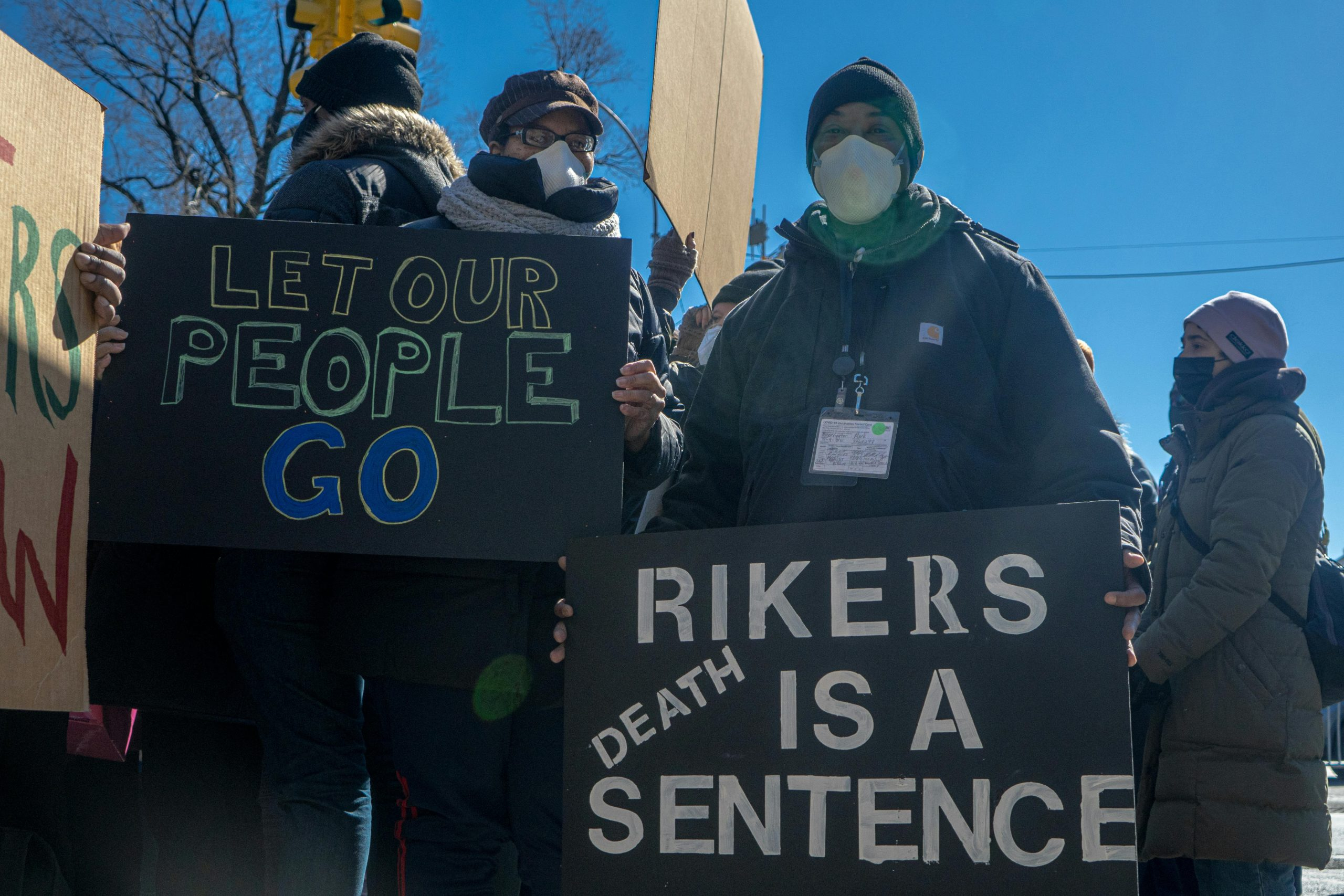Freedom of Assembly in Virtual Spaces
In today’s digital age, virtual spaces have become a crucial platform for individuals to connect, communicate, and express their thoughts and ideas. With the rise of social media and online forums, more and more people are utilizing virtual spaces as a means of assembly, making it an essential aspect of modern-day society. However, with the increasing use of virtual spaces, questions arise regarding its relationship with freedom of assembly. In this article, we will explore the concept of freedom of assembly in virtual spaces and discuss its implications in today’s world.
The Concept of Freedom of Assembly in Virtual Spaces
Freedom of assembly is a fundamental human right that allows individuals to gather and peacefully express their opinions, beliefs, and ideas. As per the Universal Declaration of Human Rights, everyone has the right to freedom of association and peaceful assembly without any interference.
In the virtual world, the concept of freedom of assembly takes on a different form. Unlike physical spaces, virtual spaces do not have physical limitations or boundaries, allowing people from all over the world to come together and share their views and opinions. It has become a powerful tool for individuals to exercise their right to free speech and assembly without any geographical barriers. However, this also raises concerns regarding the regulation and control of virtual assembly.
The Role of Virtual Spaces in Supporting Freedom of Assembly
The emergence of virtual spaces has played a significant role in promoting and enhancing freedom of assembly. With the internet being easily accessible to the masses, individuals can now come together and engage in discussions and debates on various issues without any constraints. Virtual spaces, such as social media, online forums, and virtual reality platforms, have provided a safe space for people to express themselves and engage in meaningful conversations.
Moreover, virtual spaces have also played a crucial role in amplifying voices of marginalized communities. In many countries, where freedom of assembly may be restricted, virtual spaces have become a means for individuals to organize and protest against injustice. It has given a platform for these communities to raise their voices and demand their rights without the fear of government censorship.
The Challenges Faced by Freedom of Assembly in Virtual Spaces
While virtual spaces have opened up a world of opportunities for freedom of assembly, it also faces numerous challenges. The lack of physical presence in virtual assembly makes it difficult to distinguish between peaceful and unlawful gatherings, making it challenging to regulate and control online protests and demonstrations. Moreover, the anonymity provided by virtual spaces has also led to an increase in hate speech and cyberbullying, affecting the freedom of speech and assembly of others.
Additionally, with the rise of social media algorithms and content moderation policies, there are concerns about censorship and control over the free flow of information in virtual spaces. This can restrict the diversity of voices and perspectives, hindering the purpose of freedom of assembly.
The Implications of Freedom of Assembly in Virtual Spaces
Freedom of assembly in virtual spaces has brought about significant implications, both positive and negative, in modern society. On one hand, it has provided a platform for individuals to exercise their fundamental human rights and connect with others. It has also given a voice to the marginalized and empowered them in their fight against injustice.
On the other hand, the challenges faced by freedom of assembly in virtual spaces have also highlighted the need for responsible and ethical use of these platforms. It is essential to recognize that with freedom comes responsibility, and individuals must use virtual spaces in a manner that respects the rights and opinions of others.
In conclusion, the concept of freedom of assembly in virtual spaces is a constantly evolving one, and it is crucial to strike a balance between individual rights and societal responsibilities. Virtual spaces have revolutionized the way we assemble and engage with each other, and it is vital to ensure that it remains a space for open and inclusive dialogue.
Overall, virtual spaces must continue to support and protect freedom of assembly, while also addressing the challenges it faces. As we move forward, it is crucial to have open conversations and discussions on these issues to ensure a safe and inclusive virtual world for all.










